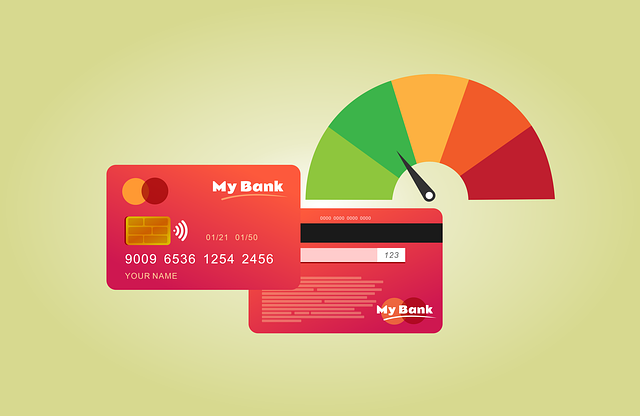Car title loans, though popular for quick cash, are heavily governed by state regulations that vary widely. Some states ban them altogether due to high-interest rates and debt trap risks, while others have strict guidelines to protect consumers. Borrowers and lenders alike must understand these rules, with alternatives like personal loans or payday advances available in jurisdictions with stringent car title loan restrictions.
In today’s financial landscape, car title loans have emerged as a controversial option for short-term financing. States across the country have implemented varying degrees of regulation, ranging from complete bans to strict restrictions, reflecting differing perspectives on consumer protection. This article delves into the world of car title loan state regulations, examining which jurisdictions have taken a hard line against these loans and exploring alternative financial options available to borrowers. Understanding these state-level policies is crucial for consumers navigating the complexities of short-term automotive financing.
- Understanding Car Title Loans and State Regulations
- States with Complete Bans on Car Title Loans
- States with Restrictions and Alternative Options
Understanding Car Title Loans and State Regulations

Car title loans are a type of secured lending where borrowers use their vehicle’s title as collateral. This alternative financing option is popular among those seeking quick cash, often with less stringent loan requirements compared to traditional bank loans. However, state regulations play a crucial role in governing this industry. Each state has its own set of rules and restrictions, which can significantly impact how accessible and affordable car title loans are.
Understanding these state regulations is essential for borrowers and lenders alike. The title loan process varies across states, affecting interest rates, repayment terms, and even the types of vehicles that can be used as collateral. Some states completely ban car title loans, while others impose strict limitations on who can take out such loans and how much they can borrow. These regulations are designed to protect consumers from predatory lending practices and ensure fair loan eligibility.
States with Complete Bans on Car Title Loans

Several states have completely banned car title loans due to stringent regulations and consumer protection measures. These bans reflect a growing concern over the high-interest rates and potential for debt traps associated with such loans. In these jurisdictions, lenders are either prohibited from offering car title loans or face strict limitations on their practices.
States with complete bans often prioritize consumers’ financial well-being, aiming to prevent individuals from falling into a cycle of debt by restricting access to these types of loans. These regulations can vary widely, ranging from outright prohibitions to rules that severely restrict loan terms and conditions. As a result, borrowers in these states may need to explore alternative funding sources for quick cash requirements, such as personal loans or credit cards, with varying loan requirements and flexible payment options.
States with Restrictions and Alternative Options

Many states across the US have implemented restrictions or even banned car title loans due to their high-interest rates and potential for trapping borrowers in debt. These regulations are designed to protect consumers from predatory lending practices. As a result, individuals looking for emergency funding have had to explore alternative options when it comes to short-term financing.
Some states with strict car title loan regulations offer other forms of small-dollar loans with more affordable terms. For instance, they might promote personal loans or payday advances that are subject to lesser interest rates and clearer repayment terms. These alternatives allow borrowers to access the funds they need while steering clear of the risks associated with vehicle collateral loans.
In understanding car title loans and their state-level regulations, it’s clear that various jurisdictions have implemented bans or restrictions based on consumer protection concerns. These measures reflect a nuanced approach to financial services, aiming to balance access to credit with preventing debt traps. For borrowers seeking alternative options in regulated states, exploring secure lending practices and understanding the terms of any loan agreement is essential. Staying informed about car title loan state regulations ensures responsible borrowing and financial well-being.






